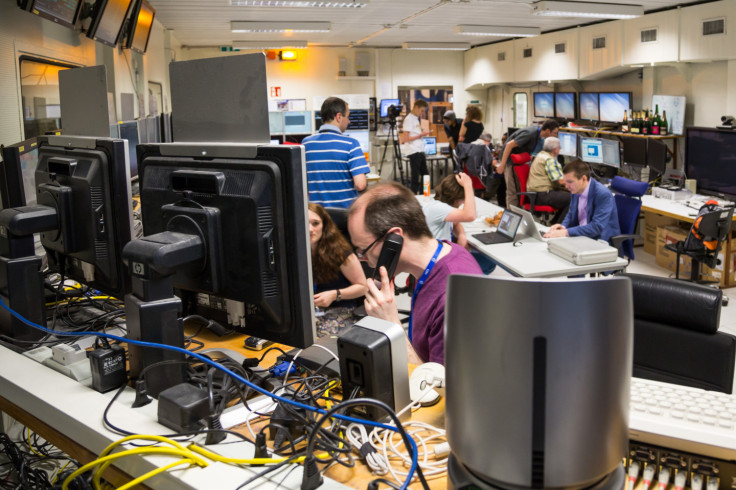Cern Large Hadron Collider: 'Stable beams' declared as collider begins three year non-stop run
Cern's Large Hadron Collider has started delivering physics data for the first time in 27 months and will now run non-stop for the next three years.
The LHC is now providing collisions for all of its experiments at the record-breaking energy of 12TeV – double the collision energy of its first run.
Over the coming years, scientists at Cern hope to uncover some of the mysteries of the universe, such as the nature of dark matter – the mystery substance that makes up about a quarter of the universe.
Frédérick Bordry, Cern director of Accelerators and Technology, said: "With the LHC back in the collision-production mode, we celebrate the end of two months of beam commissioning. It is a great accomplishment and a rewarding moment for all of the teams involved in the work performed during the long shutdown of the LHC, in the powering tests and in the beam commissioning process.
"All these people have dedicated so much of their time to making this happen."

Cern confirmed it had "stable beams" from the LHC this morning (3 June), meaning that scientists can begin using the data being fed from the collider.
Beams are made up of bunches of protons travelling around the speed of light. These "trains" circulate in opposite directions. At present, the LHC has six bunches containing about 100 billion protons – eventually, it will contain 2808 bunches, allowing one billion collisions per second.
Tiziano Camporesi, spokesperson for the CMS experiment, said: "The collisions we are seeing today indicate that the work we have done in the past two years to prepare and improve our detector has been successful and marks the beginning of a new era of exploration of the secrets of nature. We can hardly express our excitement."
Role Heuer, director general of Cern, added: "The first three-year run of the LHC, which culminated with a major discovery in July 2012, was only the start of our journey. It is time for new physics!
"We have seen the first data beginning to flow. Let's see what they will reveal to us about how our universe works."
© Copyright IBTimes 2025. All rights reserved.






















